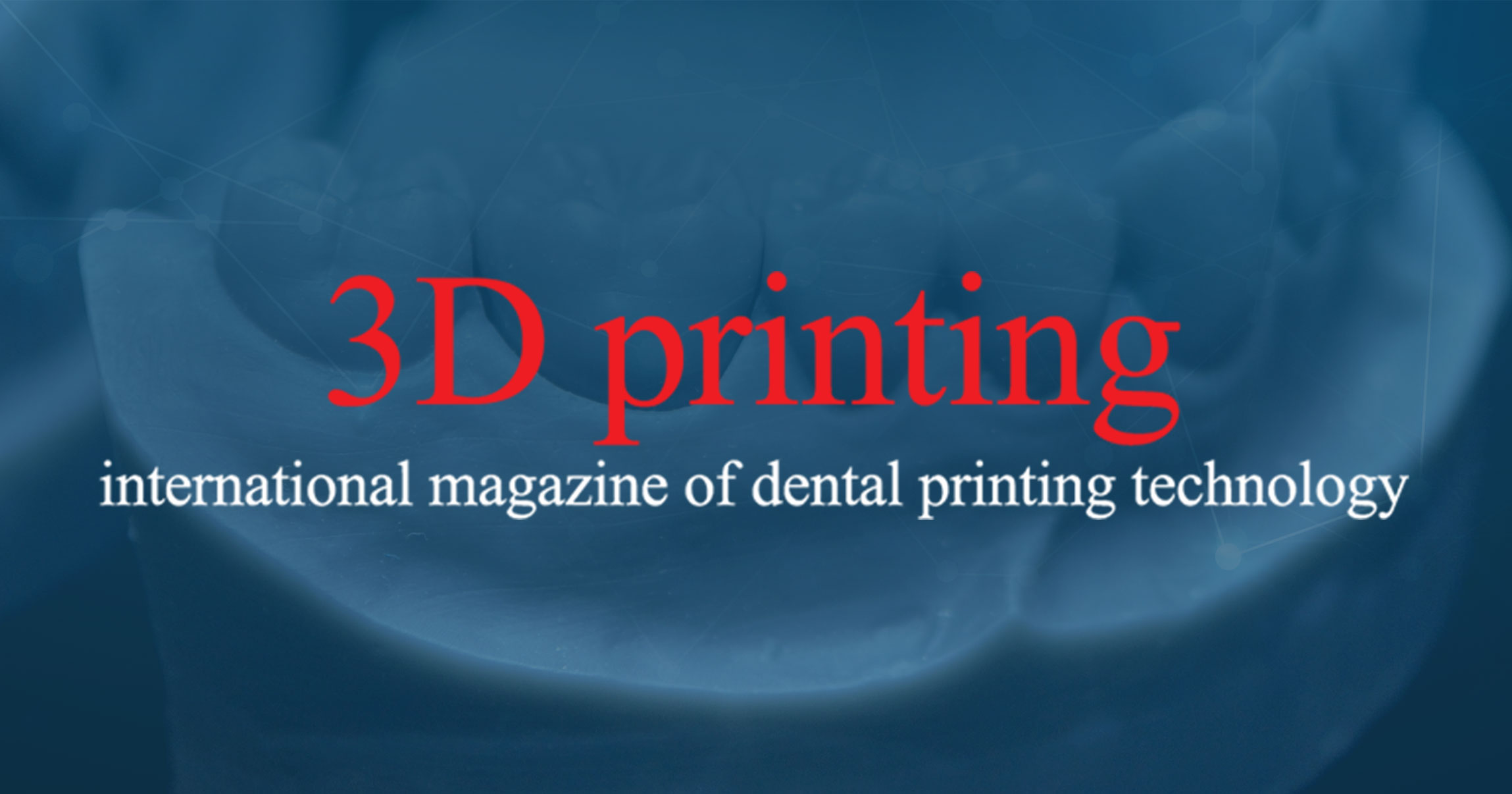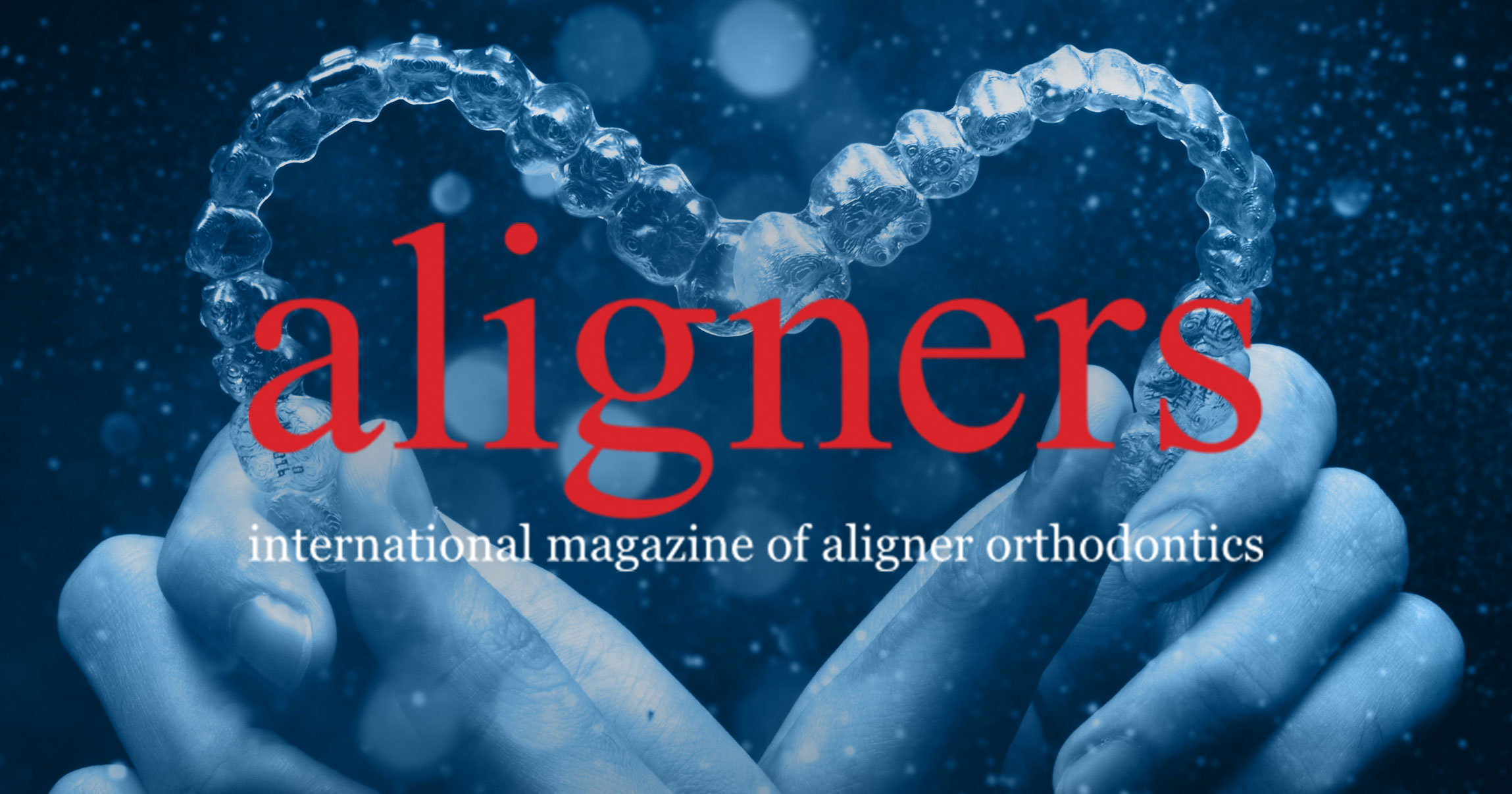In conjunction with the SCANDEFA industry exhibition, the Danish Dental Association is again holding its annual meeting at Bella Center, from 28 to 30 April. In his lecture on Saturday, Dr Thomas E. Van Dyke, Vice President of Clinical and Translational Research at the Forsyth Institute in Cambridge in the US, will address the changing role of the dentist in the health care system. Van Dyke spoke with Dental Tribune Online about the need for interdisciplinary collaboration between dental and medical care and overdue additions to dental education.
Dental Tribune Online: Systemic associations between periodontal disease and heart disease, dementia and diabetes have been established in various studies. How will this knowledge change the future for dentists?
Dr Thomas E. Van Dyke: I think it will lead to major change. The dentist cannot ignore the implications of oral disease for general well-being and systemic health. It is now clear that dentists need a working knowledge of the pathophysiology of the major diseases of ageing that have the greatest impact on society. Likewise, physicians need a working knowledge of the pathophysiology of diseases of the oral cavity. Teamwork will be essential to providing the best patient care in the future.
Although medical screening in dental settings has been shown to be cost-effective and beneficial for patients’ health outcomes, there have been no widespread implementation attempts in dental practice so far.
The answer to this relates directly to the previous question. The focus of the dentist has traditionally been oral disease diagnosis and treatment. The new paradigm includes understanding the relationship between oral disease and systemic disease—and vice versa—and participating in the identification of people at risk of developing various non-communicable diseases, and in certain instances, being part of the health care team in screening for disease.
For instance, it has been shown that in the working population at an age at which the risk of Type 2 diabetes increases (between forty and sixty years of age), the frequency of wellness visits to physicians (no acute problem) can be five to ten years apart. Yet, this same population generally sees their dentist twice a year for tooth cleaning. The frequency of dental visits provides a point of care screening opportunity for measurement of glycated haemoglobin (HbA1c) as part of a routine examination. The dentist would not make the diagnosis or provide treatment for diabetes, but values that are out of range should prompt a referral to the physician for evaluation.
Data indicates that the rate of identification of people with prediabetes or Type 2 diabetes in this setting is high, which makes such an effort cost-effective. Considering that most Type 2 diabetes cases are diagnosed up to 15 years after onset, when people already have complications, the long-term benefit in reduction of health care costs to treat complications is also apparent.
Do you think that there need to be efforts to enhance interdisciplinary collaboration between dental and medical care, starting with the education of dentists?
Yes, and of physicians as well. Clearly, there is a gap in the education of both dentists and physicians regarding these interactions and what to do about them. Just as dentists should be screening for certain systemic diseases, physicians should be screening for oral disease and referring to dentists. Dental education is correctly focused on procedures; dentists are in essence surgeons. However, dental education has to include basic medical education and training in applying that information clinically. It is not clear that currently this is adequately emphasised.
Will dental professionals have to shift their perceptions of their role, regarding themselves more as general health care providers?
Yes. All health care professionals, regardless of specialty, have a responsibility to be aware of the entire patient, not just their area of focus.
Generally, what are the main challenges for the dental health care system in the future?
Personalised medicine, which includes dentistry, is clearly the future of health care. The challenge going forward is ensuring inclusion of dentistry on every level. This includes proper training of dentists and our physician colleagues to work together, including dental records in electronic medical records and dentists having access to the medical side , as well as having suitable reimbursement mechanisms in place where appropriate. The perception and practice of dentistry as a profession that is somehow outside medicine must end.
Thank you very much for the interview.
At the meeting, Van Dyke is holding his lecture, “The future role of the dentist in the health system”, as part of Session 34, which will take place from 9 a.m. to 1 p.m. on 30 April.



 Albania / Albania
Albania / Albania
 Austria / Österreich
Austria / Österreich
 Bosnia and Herzegovina / Босна и Херцеговина
Bosnia and Herzegovina / Босна и Херцеговина
 Bulgaria / България
Bulgaria / България
 Croatia / Hrvatska
Croatia / Hrvatska
 Czech Republic & Slovakia / Česká republika & Slovensko
Czech Republic & Slovakia / Česká republika & Slovensko
 Denmark / Danmark
Denmark / Danmark
 Finland / Suomi
Finland / Suomi
 France / France
France / France
 Germany / Deutschland
Germany / Deutschland
 Greece / ΕΛΛΑΔΑ
Greece / ΕΛΛΑΔΑ
 Italy / Italia
Italy / Italia
 Netherlands / Nederland
Netherlands / Nederland
 Nordic / Nordic
Nordic / Nordic
 Poland / Polska
Poland / Polska
 Portugal / Portugal
Portugal / Portugal
 Romania & Moldova / România & Moldova
Romania & Moldova / România & Moldova
 Slovenia / Slovenija
Slovenia / Slovenija
 Serbia & Montenegro / Србија и Црна Гора
Serbia & Montenegro / Србија и Црна Гора
 Spain / España
Spain / España
 Sweden / Sverige
Sweden / Sverige
 Switzerland / Schweiz
Switzerland / Schweiz
 Turkey / Türkiye
Turkey / Türkiye
 UK & Ireland / UK & Ireland
UK & Ireland / UK & Ireland
 International / International
International / International
 Brazil / Brasil
Brazil / Brasil
 Canada / Canada
Canada / Canada
 Latin America / Latinoamérica
Latin America / Latinoamérica
 USA / USA
USA / USA
 India / भारत गणराज्य
India / भारत गणराज्य
 Japan / 日本
Japan / 日本
 Pakistan / Pākistān
Pakistan / Pākistān
 Vietnam / Việt Nam
Vietnam / Việt Nam
 ASEAN / ASEAN
ASEAN / ASEAN
 Israel / מְדִינַת יִשְׂרָאֵל
Israel / מְדִינַת יִשְׂרָאֵל
 Algeria / الجزائر
Algeria / الجزائر
 Middle East (English) / Middle East (English)
Middle East (English) / Middle East (English)
:sharpen(level=0):output(format=jpeg)/up/dt/2022/11/Dentistry-scrapes-through-third-quarter-check-up.jpg)
:sharpen(level=0):output(format=jpeg)/up/dt/2022/11/PICS1-2.jpg)
:sharpen(level=0):output(format=jpeg)/up/dt/2022/10/Poor-periodontal-health-and-tooth-loss-linked-with-cognitive-decline-and-dementia.jpg)
:sharpen(level=0):output(format=jpeg)/up/dt/2022/09/China-caps-cost-of-implant-therapy-1-1.jpg)
:sharpen(level=0):output(format=jpeg)/up/dt/2022/09/aisearc.jpg)

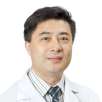

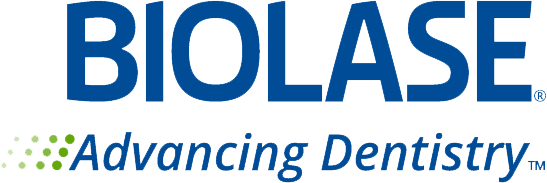

:sharpen(level=0):output(format=png)/up/dt/2010/06/DirectaDentalGroup_2021_new_a.png)
:sharpen(level=0):output(format=png)/up/dt/2014/02/A-dec.png)
:sharpen(level=0):output(format=png)/up/dt/2014/02/EMS.png)
:sharpen(level=0):output(format=png)/up/dt/2012/06/Croixture.png)
:sharpen(level=0):output(format=png)/up/dt/2013/04/Dentsply-Sirona.png)
:sharpen(level=0):output(format=png)/up/dt/2022/01/Sprintray_Logo_2506x700.png)
:sharpen(level=0):output(format=jpeg)/up/dt/2022/08/DTCHI_0322_FINAL.jpg)
:sharpen(level=0):output(format=jpeg)/up/dt/e-papers/307114/1.jpg)
:sharpen(level=0):output(format=jpeg)/up/dt/e-papers/302868/1.jpg)
:sharpen(level=0):output(format=jpeg)/up/dt/e-papers/295582/1.jpg)
:sharpen(level=0):output(format=jpeg)/up/dt/e-papers/274907/1.jpg)
:sharpen(level=0):output(format=jpeg)/up/dt/e-papers/271655/1.jpg)
:sharpen(level=0):output(format=jpeg)/up/dt/2023/01/web0115.jpg)
:sharpen(level=0):output(format=jpeg)/up/dt/2022/11/FDI-Sydney-2023_shutterstock.jpg)
:sharpen(level=0):output(format=jpeg)/up/dt/2022/12/Singapore_Marina-Sands-Bay_evening_1920x1080.jpg)
:sharpen(level=0):output(format=png)/up/dt/2017/01/737cb1d5b181097677b5b7ca550b3d3e.png)
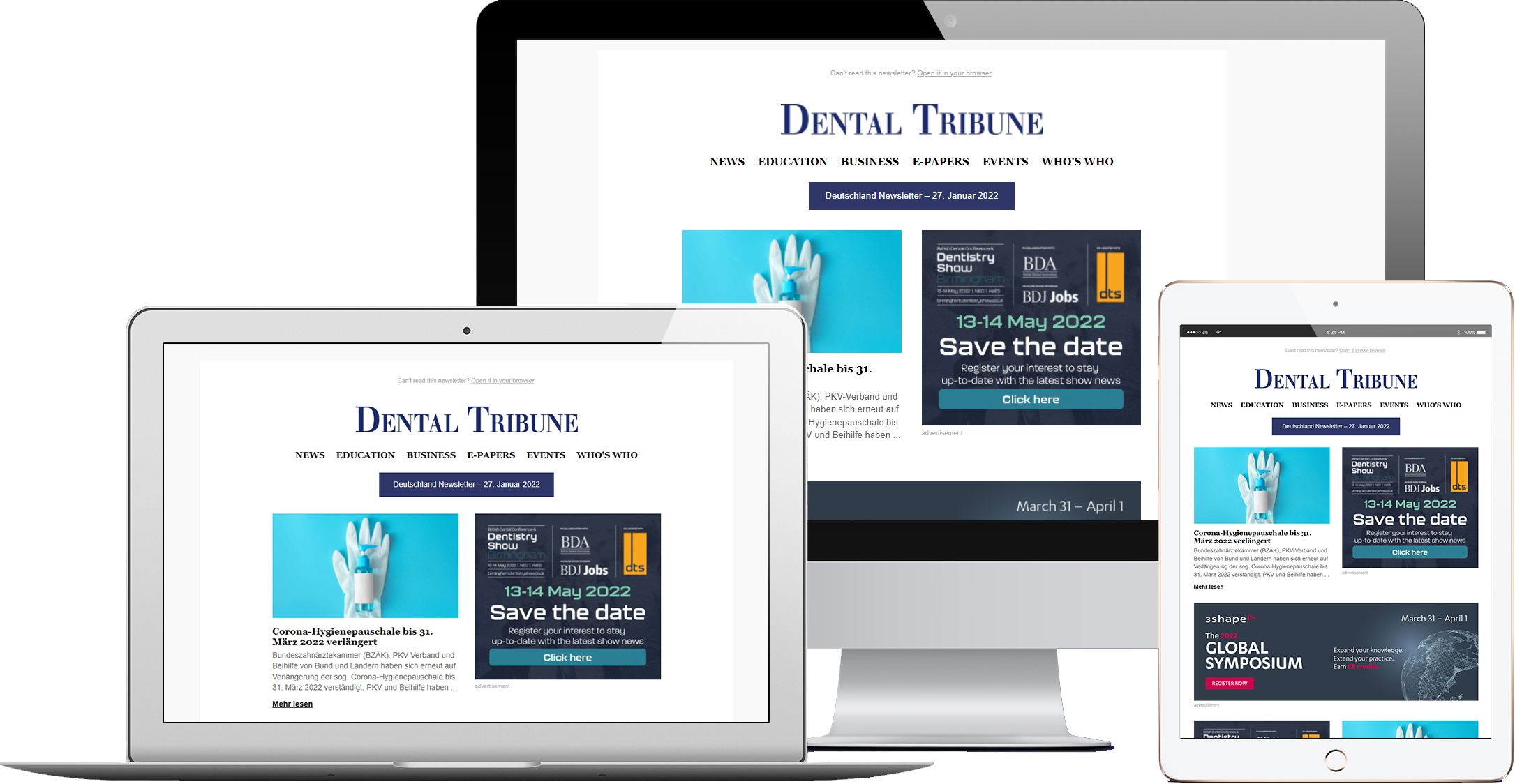
:sharpen(level=0):output(format=gif)/wp-content/themes/dt/images/no-user.gif)

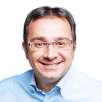
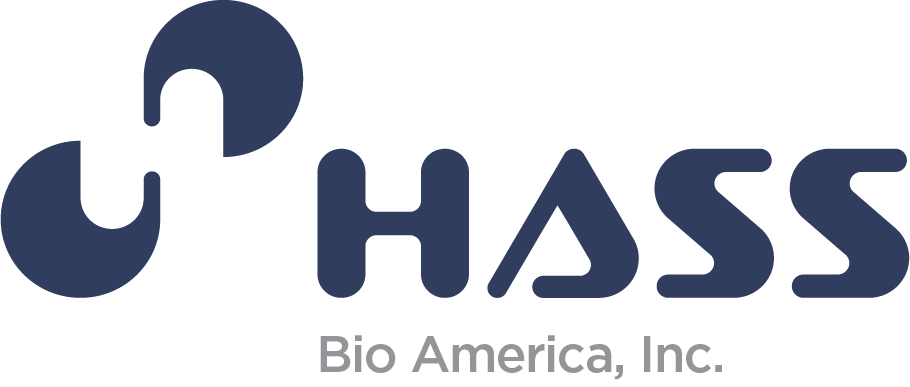
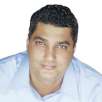


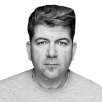

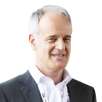

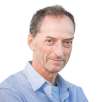
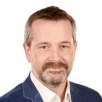


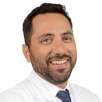
:sharpen(level=0):output(format=jpeg)/up/dt/2022/11/Dentistry-scrapes-through-third-quarter-check-up.jpg)
:sharpen(level=0):output(format=jpeg)/up/dt/2022/11/PICS1-2.jpg)
:sharpen(level=0):output(format=jpeg)/up/dt/2022/10/Poor-periodontal-health-and-tooth-loss-linked-with-cognitive-decline-and-dementia.jpg)
:sharpen(level=0):output(format=jpeg)/up/dt/e-papers/307114/1.jpg)
:sharpen(level=0):output(format=jpeg)/up/dt/e-papers/302868/1.jpg)
:sharpen(level=0):output(format=jpeg)/up/dt/e-papers/295582/1.jpg)
:sharpen(level=0):output(format=jpeg)/up/dt/e-papers/274907/1.jpg)
:sharpen(level=0):output(format=jpeg)/up/dt/e-papers/271655/1.jpg)
:sharpen(level=0):output(format=jpeg)/up/dt/2022/08/DTCHI_0322_FINAL.jpg)
:sharpen(level=0):output(format=jpeg)/up/dt/e-papers/311322/2.jpg)
